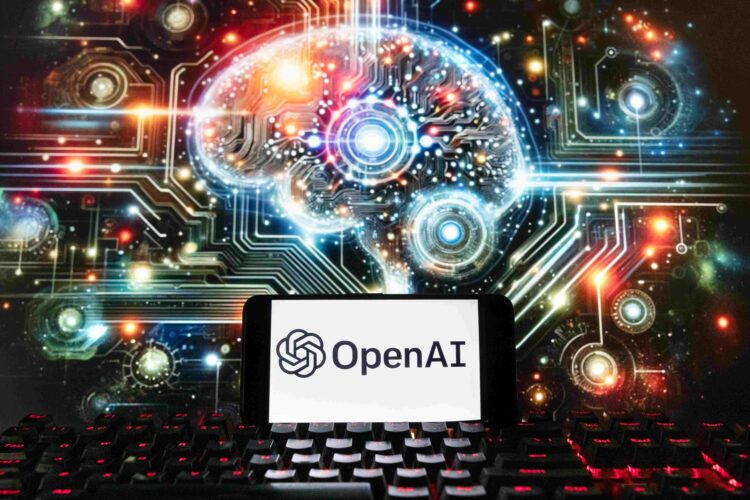The storm and stress around the leadership of OpenAI in November has led many companies to reduce their reliance on the developer for AI tools and has motivated investors to diversify their portfolios.
OpenAI experienced a management shakeup when CEO Sam Altman was ejected from his role by the board. He was quickly snatched up by Microsoft, only to return to OpenAI mere days later. OpenAI’s competitors have been exploiting this disruption in confidence, pursuing customers at companies that use OpenAI products like ChatGPT. Such customers have shown interest in trying out new AI tools to avoid throwing all their eggs in one basket.
The Detractors
Senior leadership at Walmart met after the rapid ousting and restoration of Altman. They told Walmart tech employees not to go to OpenAI to build internal AI tools and instead make use of the company’s own AI development platform, which borrows from external AI models like OpenAI’s. If OpenAI products go down or the company shutters, Walmart won’t be in trouble, the leadership reportedly argued. This had always been Walmart’s goal—but the Sam Altman debacle gave them the impetus, a Walmart spokesperson told The Wall Street Journal.
Another company that is cutting reliance on OpenAI is cloud networking firm Aviatrix. “We’re still using ChatGPT,” said CEO Doug Merritt, “But I feel more comfortable that we haven’t proprietarily tied ourselves to it.”
Learn the benefits of becoming a Valuetainment Member and subscribe today!
Manyam Mallela, co-founder of AI marketing firm Blueshift, said the November crisis “exposed an underlying concern that one choice isn’t sufficient in most use cases.”
Blueshift, which sells software that makes use of several types of AI at once, received a flurry of calls from concerned clients during the ousting. Mallela had to reassure them that Blueshift also makes use of AI tools made by Amazon Web Services (AWS), and that trouble at OpenAI would not hinder usage.
“Not having access to that is almost like not having power,” he underscored.
OpenAI’s recent management chaos could have lasting effects as some customers say it was a wake-up call about being too reliant on one company’s tech. https://t.co/VMcqJLPfQ9 https://t.co/VMcqJLPfQ9
— The Wall Street Journal (@WSJ) January 5, 2024
AWS CEO Adam Selipsky jumped on the opportunity to embarrass OpenAI. During a November convention in Las Vegas, Selipsky delivered a presentation with the words “Choice Matters” projected behind him, explaining how AWS gives users access to a variety of AI models made by companies like Anthropic, Cohere, and Meta Platforms.
“You don’t want a cloud provider who’s beholden primarily to one model provider… I think the events of the past 10 days have made that very clear,” Selipsky said.
President of Cohere Martin Kon said there was an “obvious” spike in inquiries following the OpenAI saga. “No one wants to be locked into one AI provider or cloud—especially now.”
Google, with its new tool Gemini, is also attempting to dethrone OpenAI in performance as well as cost-effectiveness.
Sam Altman, however, is putting up a fight against the bad press, and promised OpenAI will have “remarkable progress to share in 2024.” Microsoft, which does not technically own OpenAI but has invested $13 billion into it and works with it closely, also endeavored to make it clear that its investment in small AI models does not contradict its support for and reliance on OpenAI tools.
Antitrust Suit?
In related news, the European Commission (EC) is contemplating an antitrust probe into Microsoft’s relationship with OpenAI. This follows a similar move by the United Kingdom’s Competition and Markets Authority.
“Virtual worlds and generative AI are rapidly developing,” said EU antitrust commissioner Margrethe Vestager. “It is fundamental that these new markets stay competitive, and that nothing stands in the way of businesses growing and providing the best and most innovative products to consumers.”
Watch the “Biz Doc” Tom Ellsworth analyze the OpenAI debacle below, or read a text version of the video here.
 Shane Devine is a writer covering politics, economics, and culture for Valuetainment. Follow Shane on X (Twitter).
Shane Devine is a writer covering politics, economics, and culture for Valuetainment. Follow Shane on X (Twitter).


















Add comment